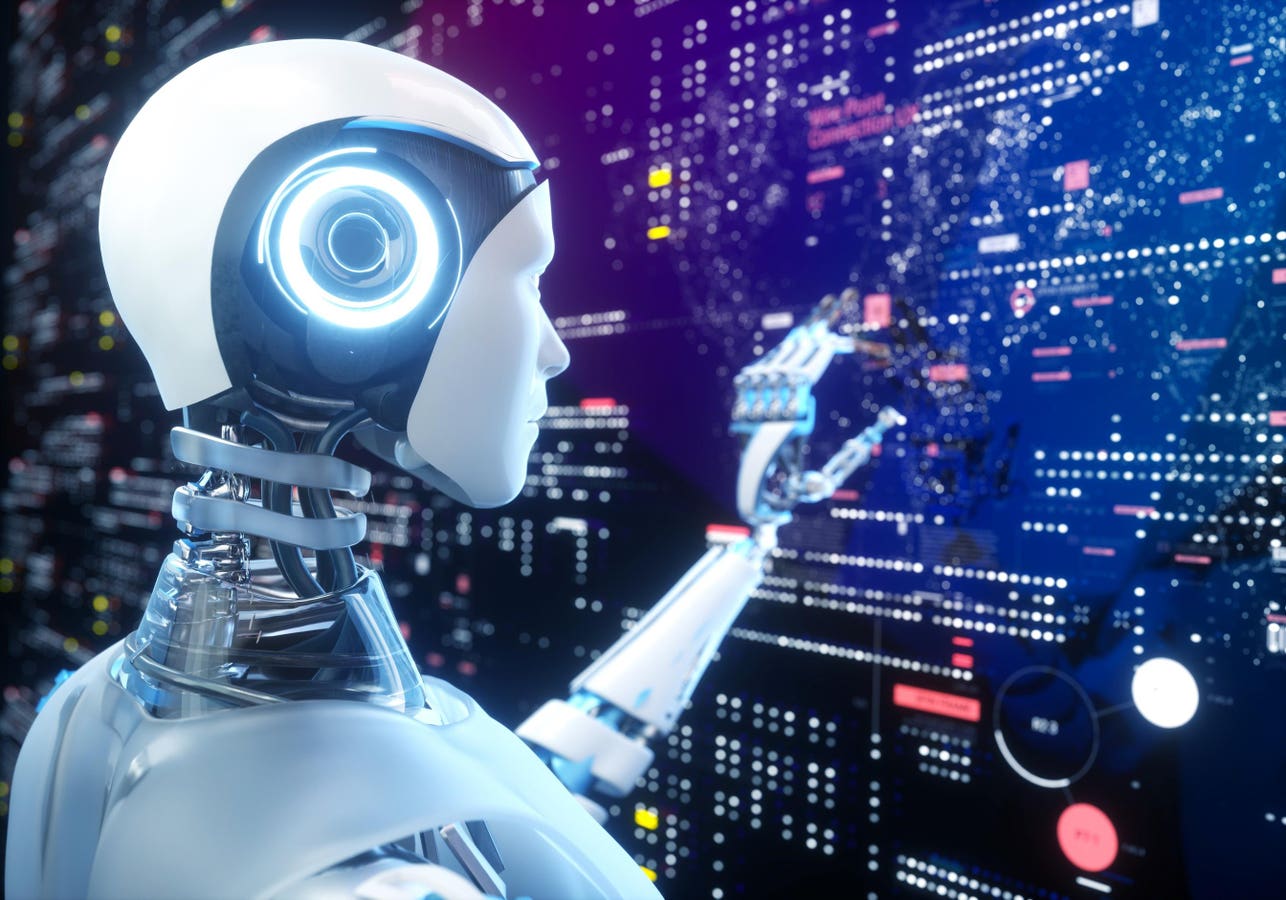Jaspar is the founder of Aritsan AI, a company at the cutting edge of AI digital worker creation.
The age of artificial intelligence (AI) digital workers is dawning upon us, and it could change the very fabric of our society. AI has reached a point of convergence due to the recent development boom and exponential improvement in technologies like large language models and image diffusion.
AI is advancing at the speed of light, enabling more and more job functions to be automated. From design to analytics to writing and everything in between, digital workers could greatly enhance our productivity as a society.
What is a digital worker?
A digital worker is a software-based employee. These programs can execute job functions end to end and fulfill roles that humans would typically do. Unlike generalist technologies like ChatGPT, digital workers are trained to execute specific job workflows and to become integrated members of human teams.
Digital workers often have unique names, faces, “memories” and skill sets. This can make them seem more like true colleagues rather than software products. Some companies are leaning into this narrative and creating digital workers that can join existing teams rather than just being used by them. (Full disclosure: My company offers this service, as do others.)
How are digital workers created?
AI is the driving force behind digital workers. Typically, a large language model is the base of a digital worker, enabling it to communicate with people the same way anyone else on its team would. Beyond that, different companies are experimenting with different technologies to automate job functions from end to end. Some use software integrations, while others enable the AI to use their human counterpart’s computers.
Based on current trends, I believe we can expect new technologies to emerge over the next few years that will completely change the way digital workers are created.
Which jobs could be replaced by AI digital workers?
Jobs that involve repetitive, simple tasks are most at risk of being replaced by AI. Some examples of job titles that can or could in the near future be replaced with digital workers include:
• Outbound Sales Representative
• Data Entry Clerk
• Telemarketer
• Customer Support Representative
• Paralegal
• Mortgage Underwriter
I believe we can expect these roles, among many others, to be fully automated by digital workers in the next five years.
Which jobs are safe from being replaced by AI?
There are a lot of jobs that are currently far beyond the capabilities of digital workers. Examples include:
• CEO
• Novelist
• Film Director
• Teacher
• Doctor
Of course, thousands more job titles than these are currently safe from automation, but this list should give you a basic understanding of the types of jobs that are most difficult to automate. Anything that involves ongoing strategic thinking, human relationships and/or 100% accuracy is complicated to automate with current AI technology.
How can current digital worker models be integrated successfully?
Digital workers are in their infancy and currently have limited functionality. Specifically, most current digital workers can only automate specific workflows of job roles and aren’t able to handle everything that a human would typically do. This means that digital workers are more suited to enhancing human teams than replacing them.
There can also be challenges when onboarding digital workers. If the data the digital worker has on your company and sector isn’t detailed, the worker may struggle to effectively and reliably execute job workflows. This can be tackled in two ways:
1. Provide the digital worker with more data in the form of files, web pages and team conversations.
2. Continuously give the digital worker feedback on its actions so it may expedite its self-improvement cycle.
While limitations exist with any technology, I believe we can expect to see the reliability and robustness of digital workers improve in line with the same rapid advancements we’re seeing in AI technology. In the near term, many companies are choosing not to replace their human employees, but rather to use digital workers to enhance their existing teams. If digital workers are able to significantly increase the productivity per human worker, however, we could see not only increased profit for companies but also rewards for the wider economy and society at large.
Artificial intelligence is improving exponentially; less than 15 years ago, Siri was the most intelligent, widely available AI agent. Now we have models like ChatGPT, which can pass the Bar exam, or AlphaFold, which does the work of thousands of PhD students. One thing seems certain: One of the most meaningful technological transitions humankind has ever faced is happening right before our eyes, and there’s no telling what may come next.
Forbes Business Council is the foremost growth and networking organization for business owners and leaders. Do I qualify?
Read the full article here





